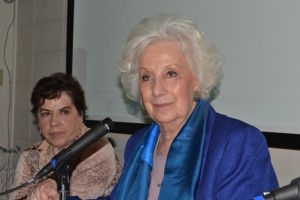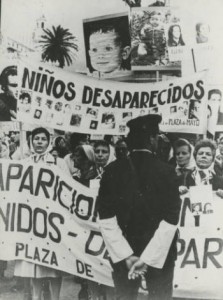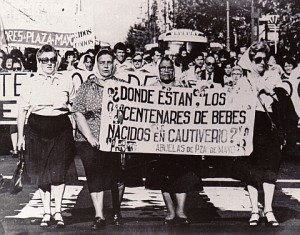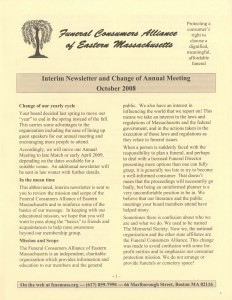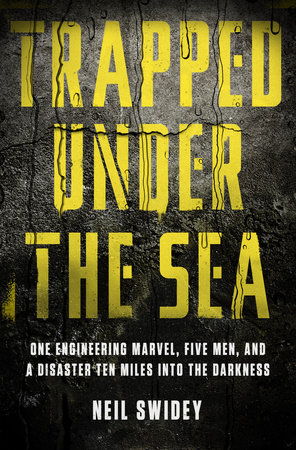
In his new book Trapped Under the Sea: One Engineering Marvel, Five Men, and a Disaster Ten Miles Into the Darkness, Boston Globe Magazine staff writer Neil Swidey tells the story of the cleanup and of an important final step in the construction of a nearly 10 mile tunnel that would carry billions of gallons of treated wastewater into the Massachusetts Bay.
From the website for the book: In the 1990s, Boston built a sophisticated waste treatment plant on Deer Island that was poised to show the country how to rebound from environmental ruin. The state had been dumping barely treated sewage into the water for so long that Boston had America’s filthiest harbor, with a layer of “black mayonnaise” coating the seafloor. Fisheries collapsed, wildlife fled, and locals referred to floating tampon applicators as “beach whistles.” But before the dumping could stop, a team of divers had to make a perilous journey to the end of a 10-mile tunnel—devoid of light and air—to complete the construction. Five went in, but not all of them came out … [In Trapped Under the Sea, Swidey recounts the] harrowing story of five men who were sent into a dark, airless, miles-long tunnel, hundreds of feet below the ocean, to do a nearly impossible job—with deadly results.
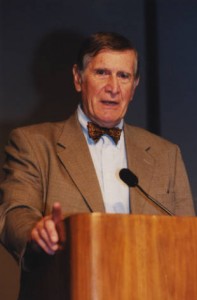
Judge A. David Mazzone speaking at 2001 Honorary Degree Dinner. Judge Mazzone was awarded an honorary Doctor of Laws at UMass Boston’s 2001 Commencement.
The Boston Harbor Cleanup Case was a landmark one for Massachusetts. The initial order and subsequent timetable of U.S. Federal District Judge A. David Mazzone set into play one of the largest public works projects ever undertaken in New England at a total cost of over $3.8 billion. It resulted in the construction of a new primary wastewater treatment center at Deer Island (“the Boston Harbor Treatment Plant”), facilities at Fore River Shipyard in Quincy to process sewage sludge, a tunnel from Nut Island to Deer Island, and a 9.5 mile outfall tunnel to discharge treated effluent offshore in Massachusetts Bay. These four major construction projects were designed to deal with the problem of untreated sewage water which had been dumped into Boston Harbor for decades. The case was originally filed in three separate lawsuits, culminating in Judge Mazzone’s 1985 ruling that made the cleanup of the Boston Harbor a non-voluntary, court-ordered mandate.
The Chamber Papers of Judge A. David Mazzone on the Boston Harbor Clean Up Case (1985-2005) were donated to University Archives & Special Collections in the Joseph P. Healey Library at UMass Boston in 2005, shortly after Judge Mazzone passed away. Swidey used Mazzone’s papers as part of the research and documentation for his book.
Read more about Trapped Under the Sea, including information about upcoming author events, here.
University Archives & Special Collections in the Joseph P. Healey Library at UMass Boston collects materials related to the university’s history, as well as materials that reflect the institution’s urban mission and strong support of community service, notably in collections of records of urban planning, social welfare, social action, alternative movements, community organizations, and local history related to neighboring communities.
University Archives & Special Collections welcomes inquiries from individuals, organizations, and businesses interested in donating materials of an archival nature that that fit within our collecting policy. These include manuscripts, documents, organizational archives, collections of photographs, unique publications, and audio and video media. For more information about donating to University Archives & Special Collections, click here or email library.archives@umb.edu.
